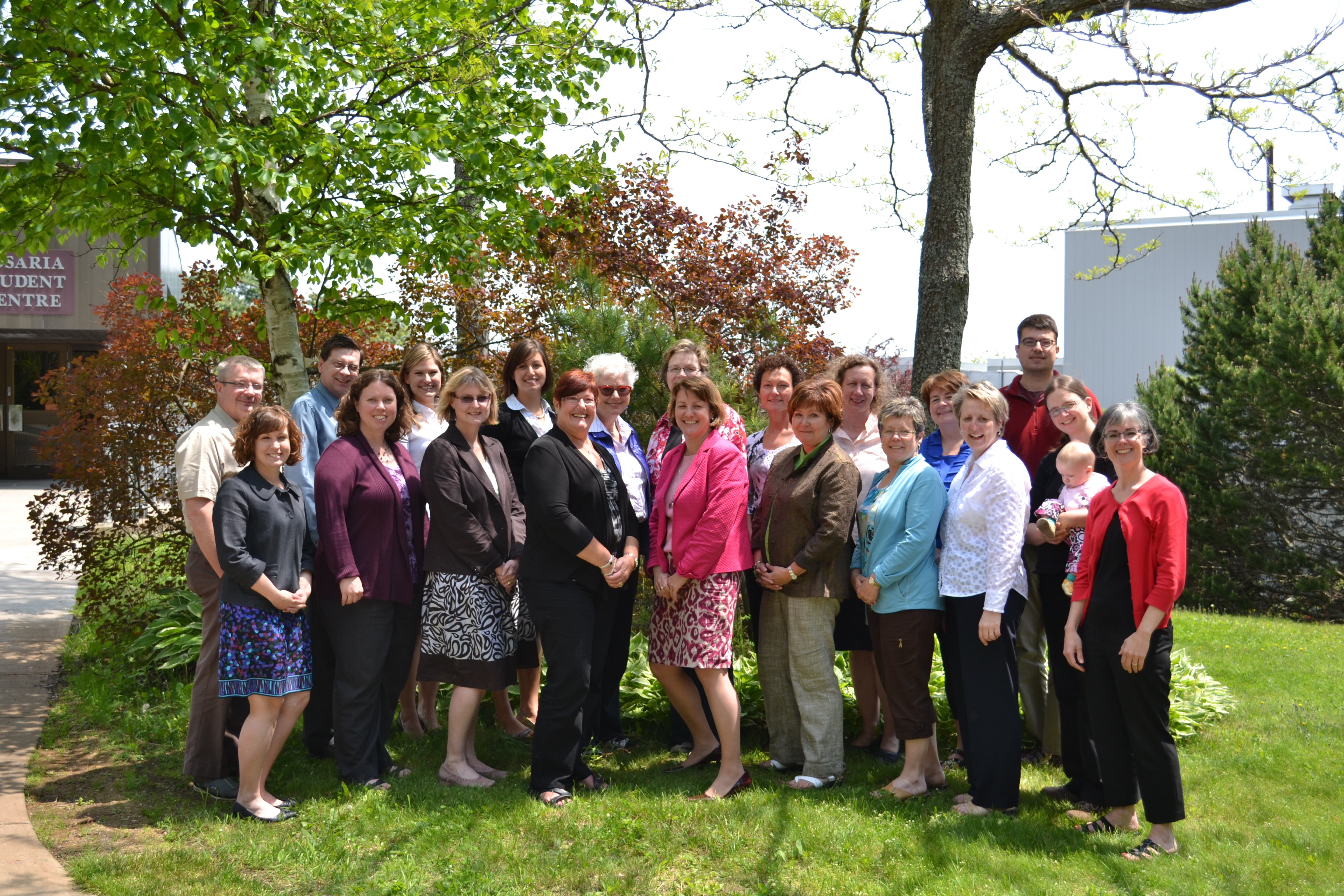The Nova Scotia Centre on Aging (NSCA) is one of two recipients of the Global Ageing Network 2017 Award for Excellence in Applied Research. The Nova Scotia Centre on Aging, established in 1992, is a university-based research centre that conducts applied research on age-related issues. Its mission is to advance knowledge on aging to inform social policy and practice, and enhance the quality of life of older people and their families. The NSCA has worked directly with municipalities in the province of Nova Scotia to create more age-friendly communities, and this work continues to branch out to support and participate in initiatives locally, nationally, and internationally. One of the key components of the NSCA’s success “has been its commitment to involving the community and government in the research process. It has achieved this by partnering to develop research questions, to engage in the research, to connect students and trainees with established academic and non-academic mentors, and to disseminate and implement research findings,” states Dr. Suzanne Dupuis-Blanchard, Director for the Centre for Aging Research at the Universite de Moncton (New Brunswick).
Over the past 25 years, the NSCA has led and been actively involved in a broad spectrum of over 100 research projects. Of note is the C.A.R.E tool and the Care and Construction project.
Innovative Tool Engages Caregivers
The C.A.R.E tool is a validated psycho-social assessment tool, and Caregiver Risk Screen. This innovative practice supports the integrated care of care receivers and caregivers by offering a framework for engaging caregivers in a discussion about their concerns and expectations. The tool has been used in multiple research studies and evaluation initiatives since its development to understand its utility in practice and its impact with different caregiver populations. Furthermore, the C.A.R.E. tool as a stand-alone intervention has positive implications for the caregiver and practitioner, impacting the practitioner by increasing practitioners’ appreciation of caregivers’ situations, enhancing caregiver-practitioner relationships, and providing evidence to support referrals to services and supports for caregivers. During the past decade, the C.A.R.E. Tool has prompted a growing paradigm shift in how national, provincial and local health systems think about who they serve.

The Care and Construction project examined to what extent and in what ways differences in the nursing home model of care (staffing and physical design) impact resident quality of life. More than 1,600 participants provided information through surveys, interviews, focus groups, and case studies that included interviews, participant observation, and activity monitoring. The research produced new partnerships with researchers, government and sector decision makers, two sector workshops, knowledge series brochures, academic and industry publications, video and Café Scientifque. By translating research into the Care and Construction project into practice, the NCSA learned of the value that being involved in large scale research initiatives brought to the nursing home sectors. One of the project beneficiaries is Shannex Incorporated, stating that “the project demonstrated the synergies that can be generated when research and practice collaborate. Through our active engagement in the study, we were able to identify ways to put the findings into action. The results of the study have been used to enhance our philosophy of care and emphasis has been placed on the importance of relationships between and amongst clients, staff and families.”
The Nova Scotia Centre on Aging will receive the award at the 2017 Global Ageing Network/CURAVIVA Global Ageing Conference which takes place on September 18-21 in Montreux, Switzerland.
You need to login in order to like this post: click here
